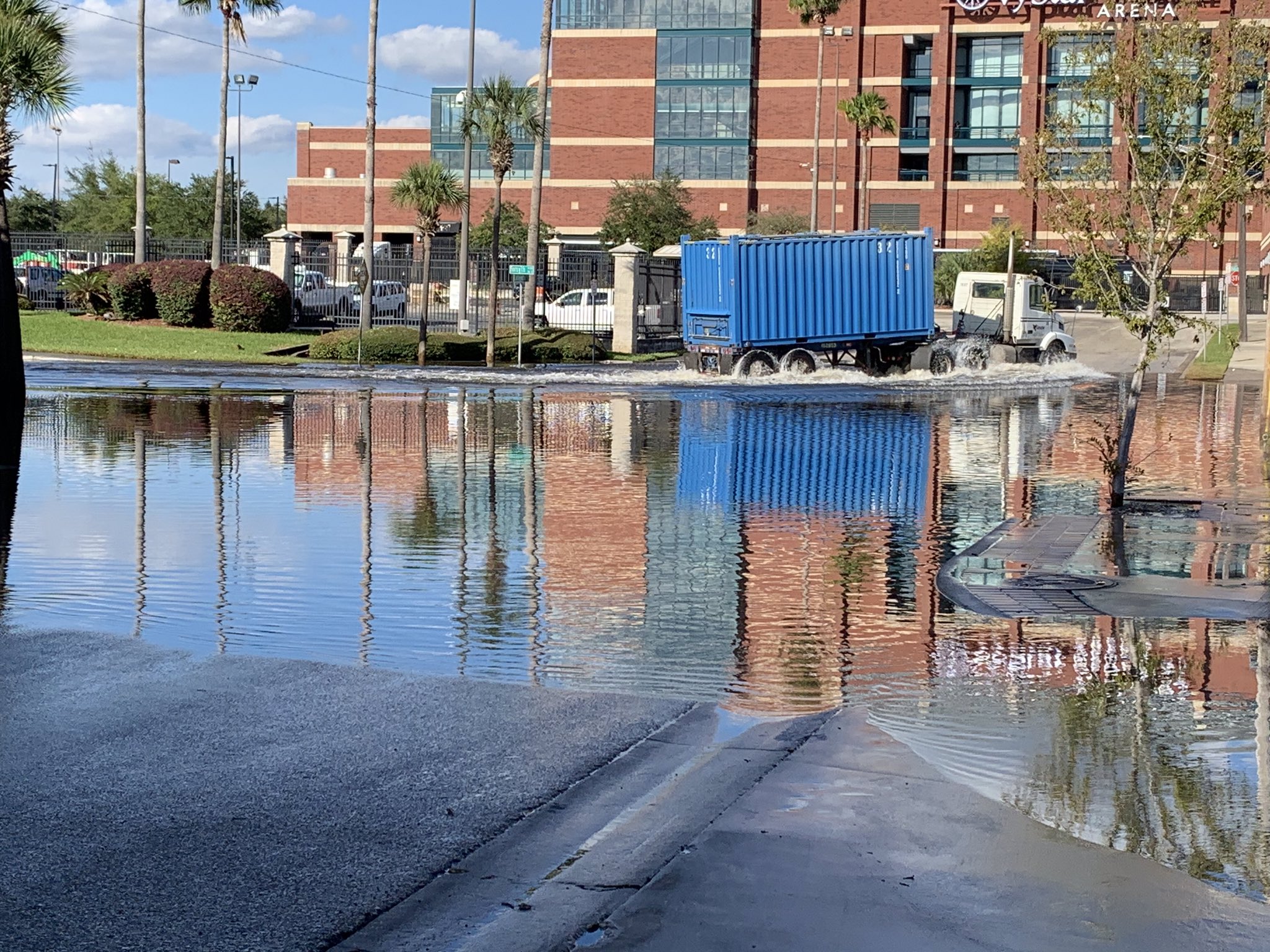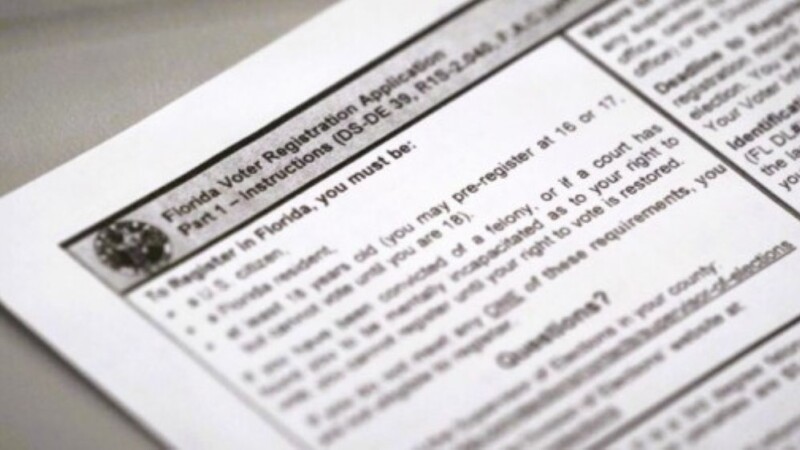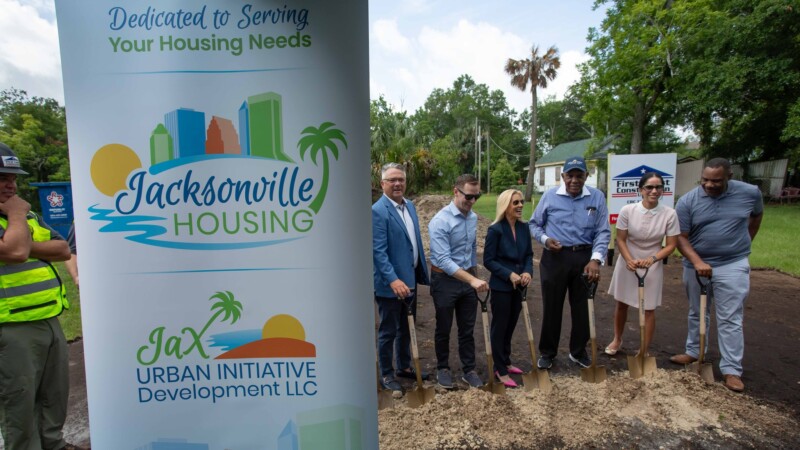Hospitals, fire stations, schools and both Jacksonville military installations will flood annually in coming decades as a result of rising sea levels, according to a report released Tuesday.
Consider:
- NAS Jacksonville and an Atlantic Beach wastewater treatment plant will flood twice a month by 2050, the Union of Concerned Scientists reported.
- St. Vincent’s Riverside and Baptist Medical Center will flood twice a year by 2100.
Dozens of schools and institutions are vulnerable, including Baptist Medical Center, NAS Jacksonville and NAS Mayport, as well as several police and fire stations, the report says.
Eleven schools will experience flooding, including Atlantic Beach Elementary, John Stockton Elementary, Venetia Elementary, Fletcher High School and St. Paul’s Catholic School, the report predicts.
Raising concerns about toxic materials and pollution, the report says the Northside Generating Station on Hecksher Drive, eight wastewater treatment plants, three landfills and two chemical companies are on track for annual flooding by 2100.
Despite the grim forecast, Jacksonville’s chief resilience officer, Anne Coglianese, expressed optimism Tuesday, saying the analysis didn’t reveal anything the city doesn’t already know.
Coglianese explained that the city is developing detailed flooding models that consider many factors beyond sea level and elevation. She believes the city’s use of models and a data-heavy approach will help Jacksonville become a “pioneer city” in the fight against climate change.
Coglianese appeared on First Coast Connect with Juan Declet-Barreto of the Union of Concerned Scientists, a national nonprofit organization founded more than 50 years ago by scientists and students at the Massachusetts Institute of Technology. The group’s mission is to use science to develop solutions and advocate for a healthy, safe future, its website states.
The organization used data from the National Oceanic and Atmospheric Administration, the U.S. Energy Department and the Department of Housing and Urban Development to reach its conclusions about flooding.
Declet-Barreto, a senior scientist for group’s Climate and Energy Program, defined critical infrastructure as “services and industries people need to go about their daily lives,” as well as sites that would cause significant disruption if flooded.
Jacksonville is not alone. Statewide, rising seas could threaten as many as 1,138 critical infrastructure assets. Jacksonville, Miami, Tampa and Pensacola are expected to feel the greatest impact.
The report comes as some local and state leaders have signaled climate change is not a priority. A new bill signed by Gov. Ron DeSantis in May removed most mentions of the term “climate change” from state statutes and eliminated green energy goals.
In an appearance on First Coast Connect on June 5, incoming Jacksonville City Council President Randy White said he plans to “stay in his lane” when it comes to addressing climate change.






